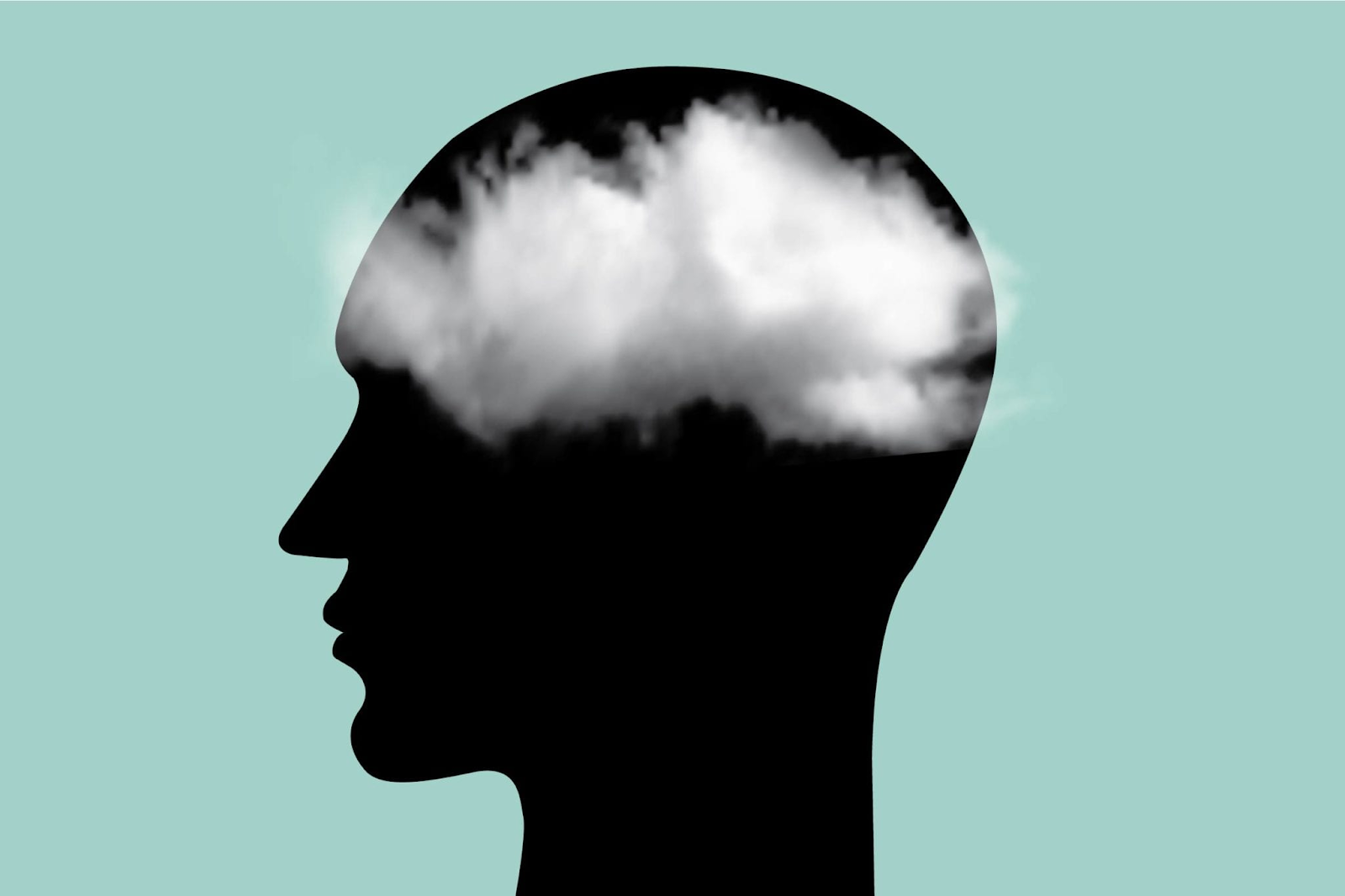Carolyn J. Rose
Ever walk by a tree in autumn and wonder what leaves
say to each other as they cast off from their home twigs?
Needless to say, I have. I’ve actually stood in a
shower of yellow and crimson leaves with my head cocked, listening.
I heard only a faint flutter, a slight wisk of
sound. Probably the breeze.
Undaunted, I lingered, imagining what I might hear
if I was a lot more in tune with nature and—to be honest—if I possessed an
inner voice that shut up once in a while.
Here, for your reading pleasure, are utterances from
the treetops as I imagined them.
“Hey, watch me do my helicopter impression as I
fall.”
“Not bad. But how about this swan dive?”
“Swan? That looked more like an overweight penguin.
Now, get a load of these moves. Branch to branch to branch and a final twirl.
Ta da. Olympic quality, right?”
“Just like Simone Biles. If she was wearing a
straitjacket and had concrete blocks on her feet.”
“And you can do better?”
“You bet. I’ll make you so green with envy you’ll
think your chlorophyll is back. I’m waiting for just the right updraft so I can
sail into the sky.”
“Sail until gravity grabs you, you mean.”
“Gravity, schmavity. I’m
aerodynamic, baby. I be-leave in myself. Get it? I’m gonna ride the wind.”
“Ride it for a fall.”
“Maybe, but I’ll see the world first.”
“If you see the next block you’ll be lucky. And you
might land in the street instead of on the grass or in a garden.”
“So what?”
“So, the street sweeper’s coming tomorrow. You’ll be
sucked up and ground to bits with dirt and trash from the gutter.”
“Huh. Well, I’m not afraid of a little dirt and
gutter trash. But, uh, maybe I’ll just hang on for a bit and enjoy the
sunshine.”
“Not behind me you won’t. I’m not a windbreak.”
“Hey, don’t push. I’m losing my grip. I’m fall—”
“And there he goes.”
“Oooh. Smack into the trunk. That’s gotta hurt.”
“And a faceplant on the lawn. So much for the power
of be-leaf.”
“Yeah, it’s sad. But you know, now that the blowhard
is gone, I’m feeling the power of re-leaf.”






